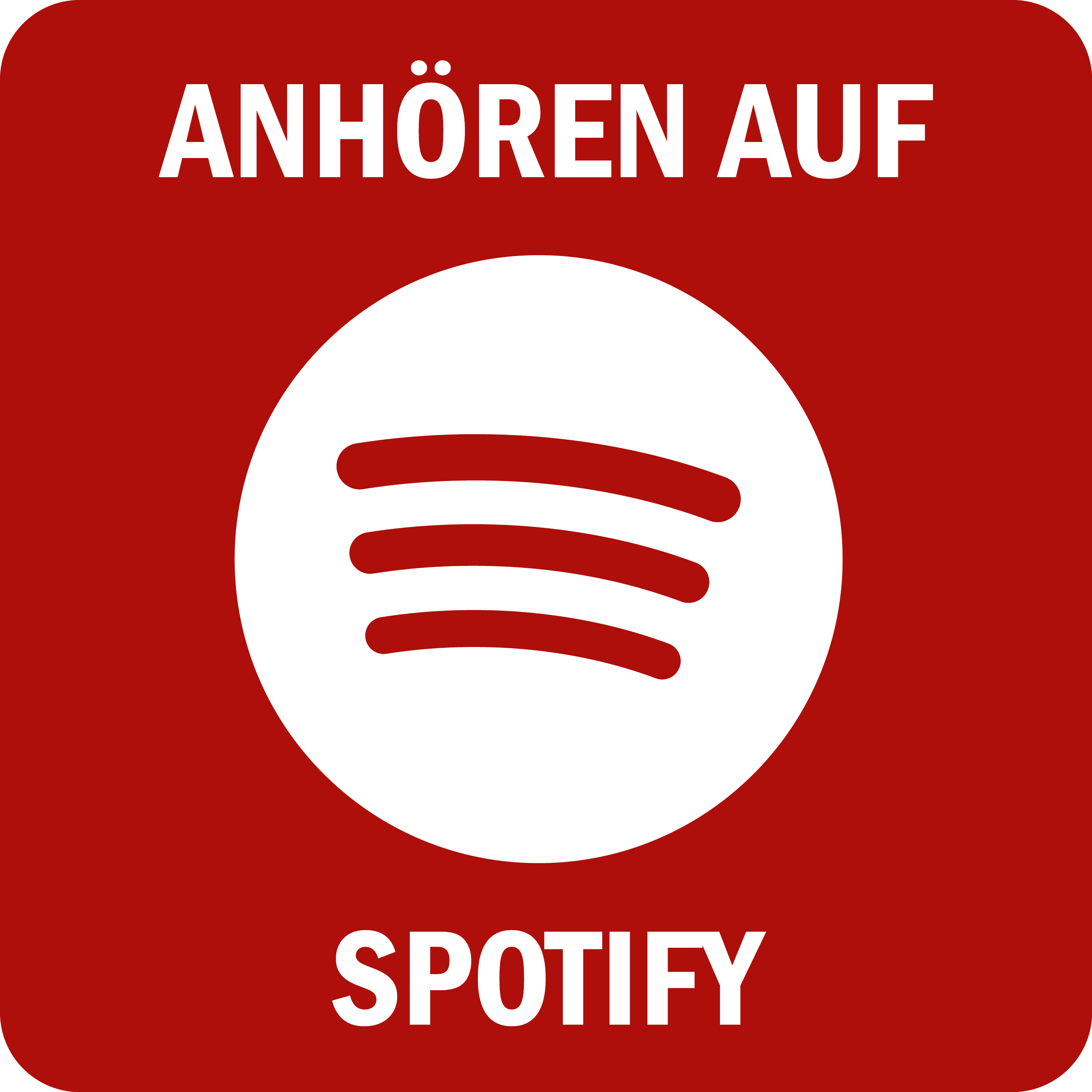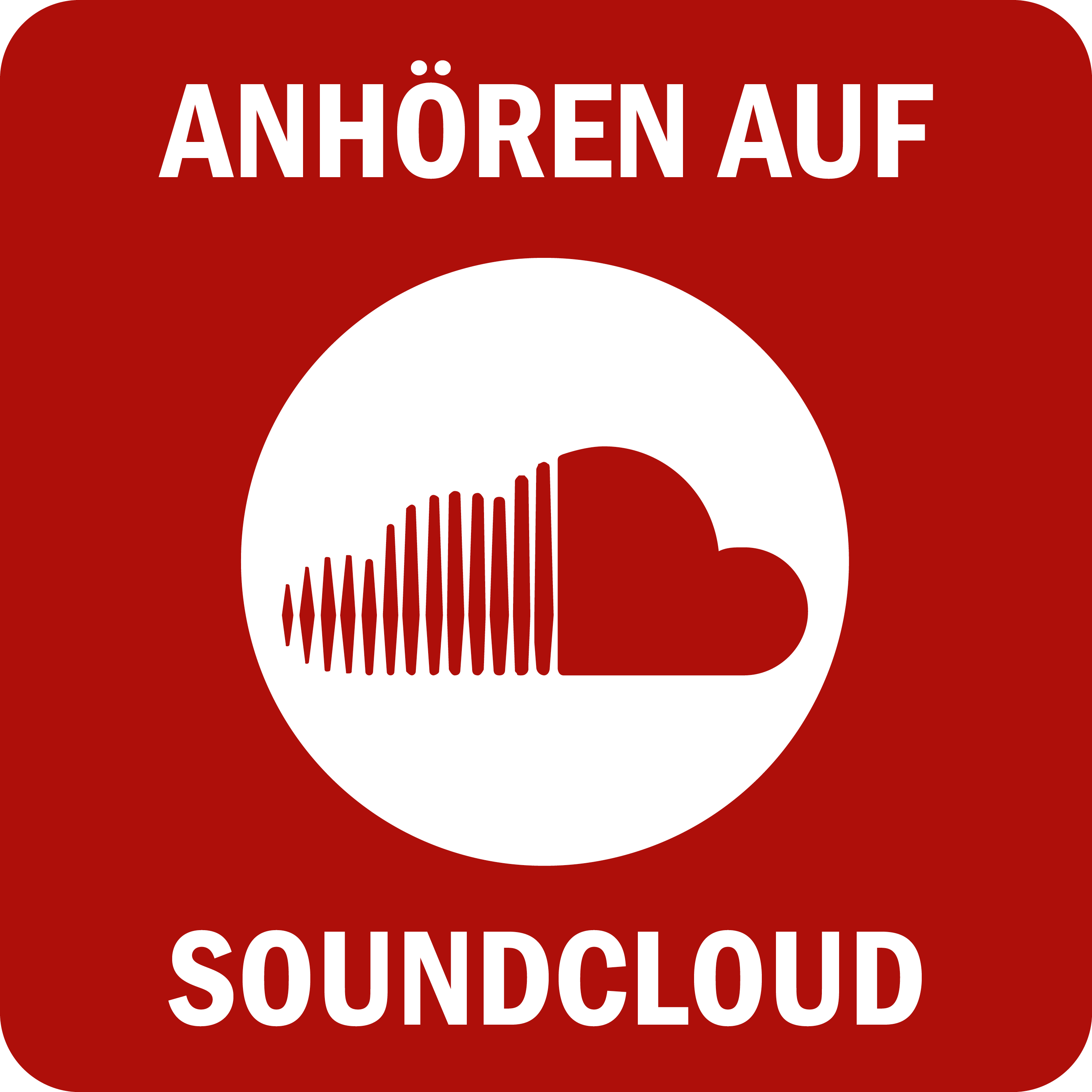No, you really can't say that the band was good. Sometimes something quite useful, something danceable according to the crime scenes, came out when Harald, Andi, Ufo and I got down to work. But that was only partly due to us, especially Harald and Ufo, who delivered the better parts of the quartet in terms of pure craftsmanship. But mainly it was due to the songs that we were playing, because "Help", "A Hard Days Night" or "Get back" even withstood the onslaught of our youthful chutzpah. The stuff was impossible to kill!
TOO LAZY TO READ ON? THEN LISTEN TO ME:
In the blogcast, I read this recent blog article to you. With emphasis, of course!
But with John Lennon it was possible, the impossible became possible after all. The unbelievable had happened.
We went by bus to an excursion to the Technical Museum in Munich, the bus radio was on, the music programme was fatefully calibrated, because there was only one piece of news that day that kept smearing itself on me, peppering everything: A maniac had killed John Lennon, yesterday, 8 December 1980, in front of the Dakota Building in NYC. The 8th of December - for everyone and for us bolts in the graduating class of a private Catholic high school anyway a church holiday and not yet the Chimborasso of Christmas shopping - turned 40 years ago into one of those days in which the concept of finitude was filled with experience, only inexorably in reverse.
John Lennon was dead. Not an overdose, not a plane crash, or - not even this little bit of consolation - at least an accident. No, shot by a madman for whom "instant karma's gonna get you/Gonna knock you right on the head" still hasn't come true.
As for so many of my fellow species, something ended for me on that day, of which I could not say what it was at all. In any case, with John's departure, a part of me was no longer alive, no longer on earth. That much was certain.
Like so many others, I experienced him as a virtual big brother, an admired friend, a role model, a pioneer and a mentor - as one of us. As one who understood , who combined talent, courage and intellectual arrogance in such a fabulous way that we lacked everything. If you can do what he could do, you can keep acting like an asshole and still get a medal from the Queen to send back to her when and because, Your Majesty: "In protest against Britain's involvement in the Nigeria-Biafra war and because of Britain's support for the US in Vietnam, and because my song 'Cold turkey' is sliding down the charts." If you don't want to be like this at 17, please unplug your amplifier right now and go study Latin vocabulary.
John Lennon made us feel better, even though we knew: we'll never be that good. But we could, because he was, became, reinvented himself over and over again, shed his skin and still remained the good bespectacled John. The glasses alone!
The biggest compliment I could get back then was the grown-up snorting at my hair: "You come across like a Beatles."
We create something.
Of course, we didn't know John Lennon personally and ultimately knew absolutely nothing about him, the Beatles didn't even exist when they first met us, but he was always there with us, there with me, in my life.
What I, what we, understood even less than everything else at that time: This really not good band was vital for us.
We could create things with it, try our hand at creation, albeit in the narrow alleys of imitation that was as harebrained as it was spirited. Although our hearts were set on a great future, in fact and truth the greatest possible achievement lay in the experienced moment, while my guitar gently wept. I am not quite sure afterwards whether the blood was actually dripping from the fingertips of my left hand or my Stratocaster replica was sweating it from its neck.
Still: we made each other the robber's ladder to clamber onto the shoulders of our giants, and when I suddenly somehow figured out how George Harrison really made the twisted first chord of "A Hard Days Night", I was ... free! That's when I was with myself. And every time again. I had made something, created something. It wasn't going away any more. It was there now, in the air, and it was up to me.
The gym at the Handelsakademie is one of the places I remember all my life though some have changed. Whatever we played there at the overcrowded party was the latest (at most second) thing: As soon as something by the Beatles came on, the dance floor was full, even though everything was in a disco frenzy at the time. And Queen, ELO, The Police or the Sugarhill Gang were classics! (Back then, hot shit was considered classy, not cool. And certainly not cool. You were that yourself all the time, even if mostly in vain, because as I said, the band wasn't that good ...).
When I was making music, I was me, I was in my element, no matter what came out of it, I was absorbed in it. I opened up like a bud, blossomed, and so did the others. That was us! Live!
On the school theatre stage, too - wrapped up in mealy-mouthed costumes from the discarded fund of the Landestheater, anointed with sticky make-up. Crowned with dishevelled wigs, we were the kings of the worldly boards on which we put our scary sketch programmes, which nevertheless, time after time, rammed the hall to bursting point, rewarded us with laughter and applause, made our hearts leap up and fill them with ... with what? We felt it as fullness, as meaning. Our lives suddenly had meaning. Our doing, our creating bore the fruits of realisation, for we experienced and recognised ourselves, even between the lines of our meagre works. But one way or another: we created something.
When you are so busy and your day has only 24 hours, everyone can understand that the time budget for Latin vocabulary was often not enough, especially since the love of literature also had to be lived. And although John Lennon was my favourite teacher at grammar school, I still remember the wise words of Pippi Longstocking from my primary school days: "Then you also have to have time to just sit there and look at yourself. Watching the wheels, so to speak, eight days a week.
What we need.
If I had understood back then what it was really about, if only someone around me had understood - my whole life would not have become the odyssey it became, and I am well aware that my wanderings landed on the outside on a cloud-soft cushion of success that many, many other people dream of in vain. Nevertheless, shadow careers are not truths of life lived, but pretty Chelsea boots that chafe your Achilles heel at every turn.
That's how it is for many, until they wake up. Or until one of them cries - in the middle of a secure existence, shaken by existential angst. Some call it a mid-life crisis, others are diagnosed with burn-out, and often these two things go hand in hand.
Most people don't know any different, that's the way it is for them. In the unfortunate interaction of the shackles of expectations from parents, kindergarten, school, university, teaching and superiors, any movement towards their own self-real existence has been cut off fundamentally, structurally and almost hopelessly. They are left with a yawning hollow space that they undoubtedly feel but cannot classify. They don't even know that it exists. How could they?
So they spend their whole life with a person who is not what he can be and should be, who therefore does not like himself. This person is themselves. We experience what must come out of this every day in the most diverse forms, none of which pleases us. Anger, cynicism and narcissism thrive on this wood; empathy withers.
What we hear.
Because many do not know that this eternal echo comes from their inner cavity, they try hard to muffle it from the outside, where they have been taught that everything good can be found if it does not come from above. They dampen it with ever new attempts at correspondence and adaptation manoeuvres, which they pass on to the next generation entrusted to them. Through self-expression, with self-optimisation, with the search for meaning. By comparing their own subconscious interior with the visible exterior of others. With consumption. They redecorate, but do not renovate. Step by step, they lose focus, perspective and themselves.
This is exactly how Helmut Qualtinger described it in "Der Halbwilde":
I have two no idea where I'm going
But for that I am gschwinder duat.
In order for us to write our own story and also to be the main actors in it, it is necessary that we hear our inner call and not only follow it, but that we receive all possible support for it - that we are not formatted to function from our earliest childhood. Then we can go our way with ease, then we can satisfy ourselves and succeed ourselves.
Living behind bars.
We humans are creative beings - the only ones on earth, if I understood correctly - and we have to live that. Otherwise, on our journey through the Pardiesgartel that is supposed to be our life, we do not transform ourselves into the best version of ourselves, but wither away "In the Jardin des Plantes, Paris" before our tired inner eye and in the waking thoughts of Rainer Maria Rilke.
His gaze is from the passing of the staffs
so tired that he no longer holds anything.
He feels as if there were a thousand bars
and behind a thousand bars no world.
The soft gait of supple strong steps,
that turns in the smallest of circles,
is like a dance of power around a centre,
in which stands, stunned, a great will.
Only sometimes the curtain of the pupil slides
slides open silently -. Then an image enters,
passes through the tense silence of the limbs -
and ceases to be in the heart.
Creating something - no matter how meagre it may be, no matter how insignificant it may be for the big wide world and no matter how private it may be, but out of our own core of being - is essential for our survival. Preferably in interaction with others, if we have the chance. Corona also focuses on how much we need these communities of creation in personal exchange.
On those rare occasions when four matching leaves meet on the same stem, a lucky clover grows into the sky. John, Paul, George and Pete were just a really good band, but only when Ringo replaced Pete were they complete. "The Beatles are more than the sum of their parts," said Aristotle, the old rock'n'roller.
Strengths do not complement each other, they potentiate each other. And again and again we experience that the presence of another person opens the door to ourselves. That is the power and the task of mentors, which we should be for each other. Just as Yoko was for John.
Not only were the lyrics of "Imagine" based on a poem written by her, but with Yoko by his side, John found the door to the truer, better John he could and should be. With her, even if he remained combative, searching and thoroughly contradictory, he found a piece of peace within himself.
War is over if you want it. It starts within yourself, only there you give peace a chance. To be with oneself, to be oneself is the best chance, possibly the only real chance that we finally give peace.
What makes us human? What makes us human?
Doing something for others, doing something for each other, always.
Creating something and growing in it as well.
Listening to your inner call and following it without fail. Something is always calling, everyone. Something small, something big, something huge, something tiny. If we don't hear it, are not allowed to hear it, the call becomes louder and shriller, then the inner call swells into inner tinnitus. Or tinnitus.
Our inner story comes forward because it finally wants to be lived, in whatever form. We cannot replace it by buying it. Nor can we buy this story, nor can anyone sell it to us, not even online. Do-it-yourself is the watchword.
We humans are activists with a mission to grow and develop. If we don't fulfil it, we remain unfulfilled ourselves, even if hardly anyone will copy our acrobatic feat of mutilating ourselves from the inside by constantly constructing new frames for our missing image. Hopefully not.
Now it's a bang.
When an activist, an author, a feminist, a spontaneous-idea-implementer, a political woman, a justice person and a rampager come together, something is guaranteed to happen: namely, movement in important matters. This seven-leaf clover is called Nunu Kaller. Her name is on books like "I don't buy anything!" and "Fuck Beauty!" and in many media reports in recent weeks. Nunu has already heard a very clear call in the form of a great idea in the first Lockdown on her own, understood it and set up her now bubbling over Shop list for domestic trade on its feet. To this day, not as a business, but because it was simply a genuine concern of hers to put the online shops of now over 7,000 Austrian shops of all branches just a click away at your heart. For good reason, because these companies differ significantly from Amazon in that they pay taxes.
Nunu Kaller joined me in the virtual podcast studio, and we're both happy to have you here.
We talked about a lot of things, but mainly about shopping mania and sensible shopping. - Yes, the opponent of consumerism actually talks about sensible shopping, because there is such a thing. What's more, Nunu Kaller has even written a book about it, which will be published in March. It's called "Buy Me!", you can pre-order it here and give it as a Christmas gift to someone you like. To yourself, for example.
What does art do?
Artistic, creative activity helps us to be human, to become us, to discover our own history. Stories always tell something about transformation: people shedding their skin and finding themselves in a way that surprises them.
Art is much, much more than just system-relevant. Art is always vital. Andreas Gfrerer, proprietor, boss and impresario of the Art-Hotel Blaue Gans in Salzburg, knows all kinds of things about this. He does so in the latest episode of my podcast.
Andreas knows about the healing, saving, stimulating and life-enriching power of art in many forms, especially in these times of ours, when he, as a hotelier, has all too much free time in the day, though he should have even more worries, one might assume. But out of his mouth come sentences like: "I enjoy this time." This is going to be an extraordinary podcast encounter that I'm looking forward to. And I'm looking forward to you, too!
If every person, every company, every one of us hears his inner call, can and wants to follow it and supports all others in doing so, then a harmonious choir of like-minded people will resound, who shape their lives and the world from within themselves and not in the exclusion, defeat and destruction of others. The Mentors sing a song that has the makings of a world hit, because it tells of a whole new story, a new story that we urgently need. Because this new story is about all of us, just like the old one, but it has a new perspective: it no longer tells about what separates us, but about the opposite. We write the lyrics ourselves and borrow from John Lennon: "Well we all shine on/Like the moon and the stars and the sun." Instant Karma after all.
And I think that 's the story my grandmother, old Story Dudette, was referring to when she sang her evergreen at the Liverpool Cavern Club in the Beatles ' opening act, which the sparrows still whistle from the rooftops today: "No Story. No Glory."





